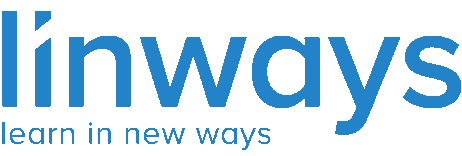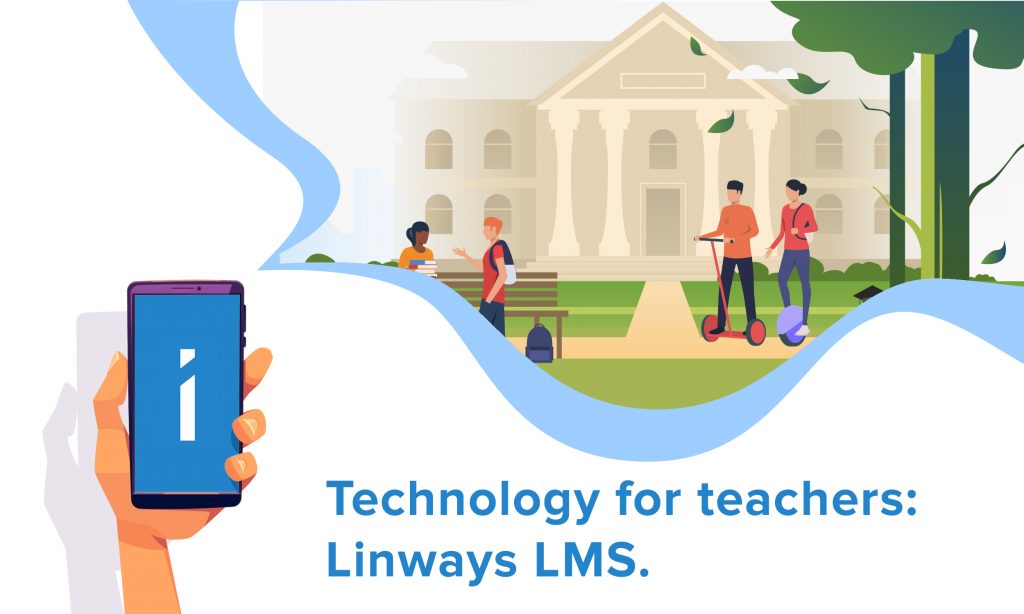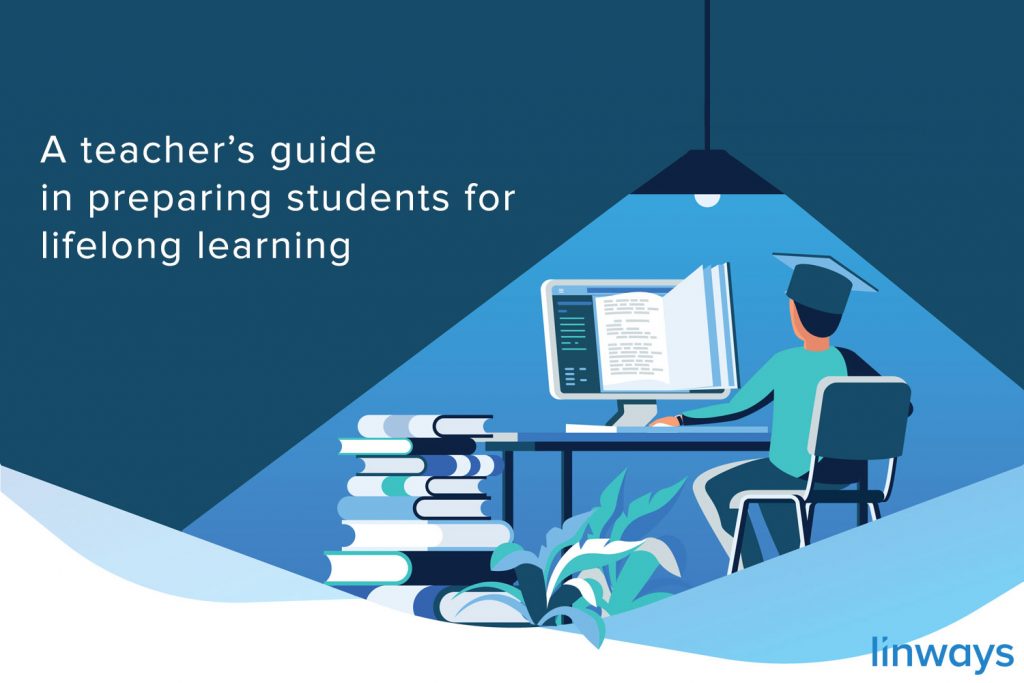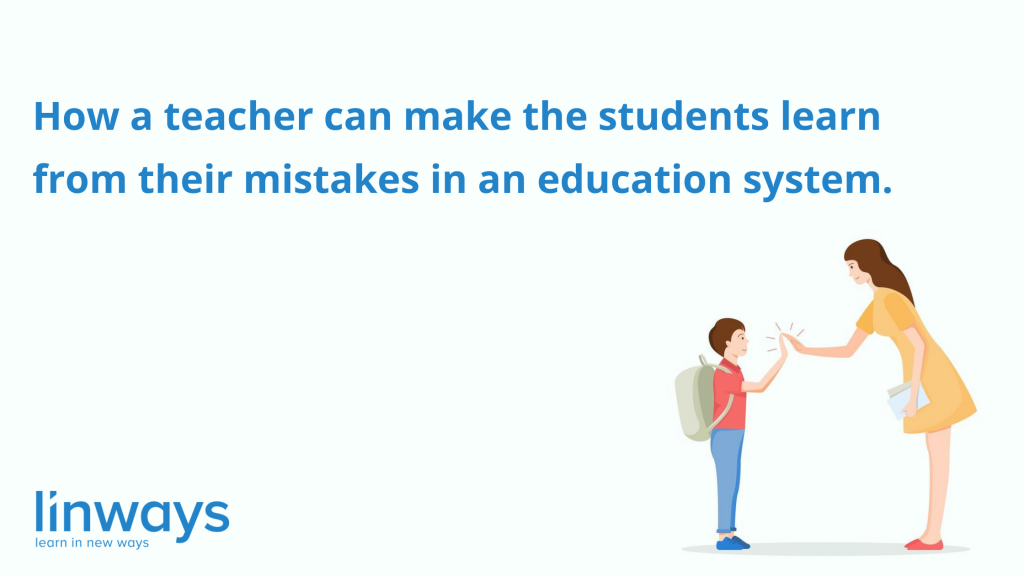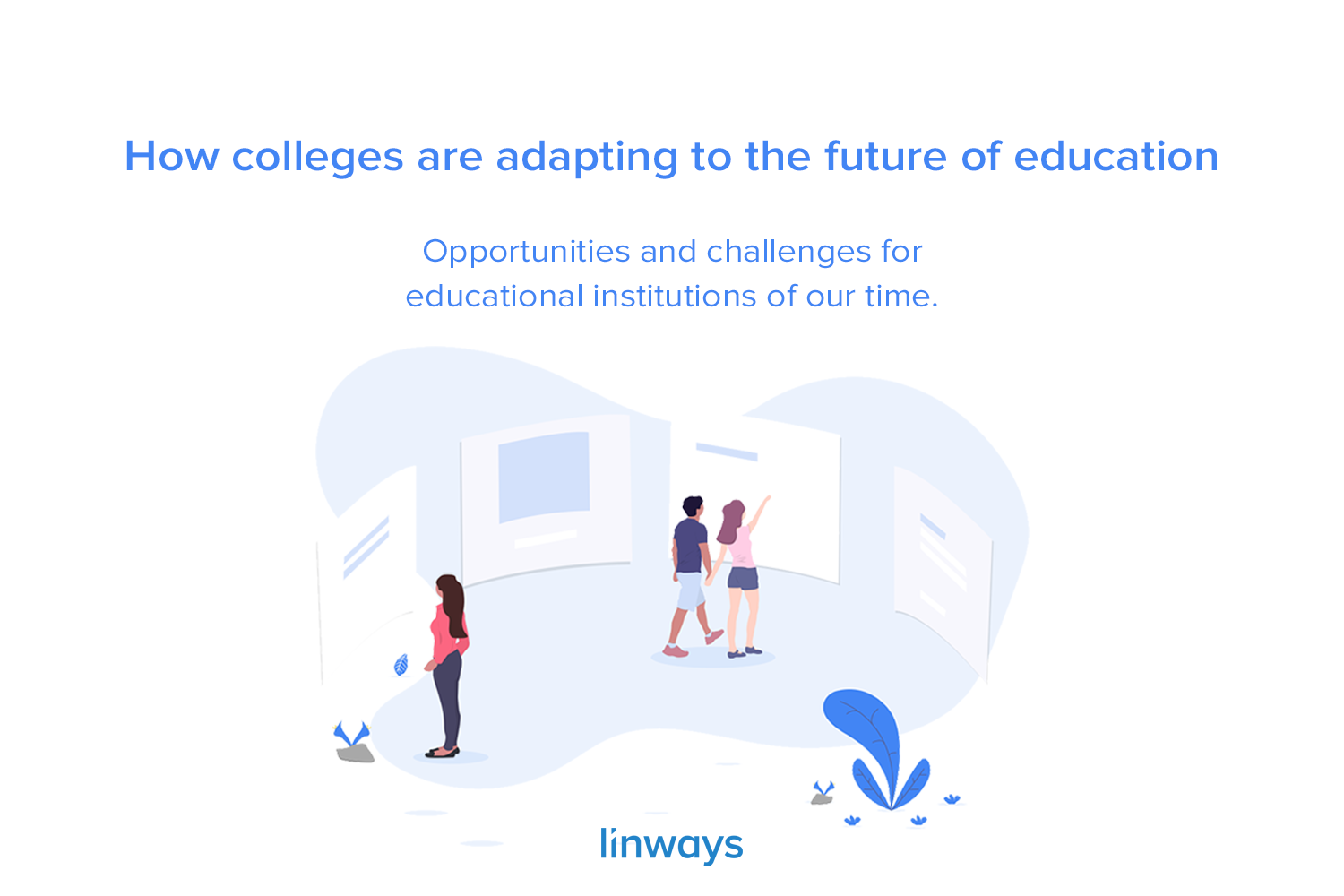
Most of the jobs that today’s students will do in the future does not even exist yet. If that seems too far fetched, just think about the number of jobs that was created in the last few decades, like social media manager, drone operator, mobile app developer, system admin etc. The internet rose quickly from being an interesting curiosity to defining each and every aspect of our lives. We can only expect whatever technology we have to advance rapidly and everything changes with it.
Institutions and educators are trying to prepare students for a future that is still taking form. We are not sure what skills or knowledge might prove relevant and what jobs, opportunities, and system will be outdated as AI, VR, and many other technologies becomes mainstream. The stakes are higher for educational institutions because to stay relevant, they have to aptly identify the needs and requirements of the students and the future to adapt. Schools and colleges need to ask themselves about the role they have in shaping the education and preparing their students for the future.
So here are some of the approaches and adaptations the institutions are currently relying on to address the shifting trends and needs of both the industry and the future.
Disconnecting degrees from job requirements
More and more companies are focusing on skills rather than degrees to hire talent. So as a result, we are now seeing more skill based educational practises in colleges. People who chose to work in a different industry as to what they have studied in college are also common now.
Colleges are now at a crossroad to decide whether to continue with the broad spectrum of knowledge based education, or to shift to a skill based learning where they train students to learn faster and more efficiently so that they can be more responsive to the changes of the industry and have options in the future.
However, this is also a great opportunity for colleges to move far ahead of their competition. Though many students are alternatively enrolled in some kind of career training as they go through college, these programs only teach skills and practise in jobs. Colleges can take up this space too with the resources they have and provide useful industry training to their students with an updated curriculum.
In a world where not only institutions, but private firm too are competing with their own educational programs, providing training in areas like problem solving abilities and learning efficiently as students continue to work could be a serious advantage especially for higher educational institutions.
Education will not end at graduation.
Education can no longer be considered as a one-time thing where students learn about what they need to know. When jobs change, so does the requirements needed for them. As some jobs lose their relevance with automation, some other will be fused together to create new opportunities. So, continuous learning is highly important and students should be instilled with a desire to learn throughout the life. So, education should also focus on developing a learning culture in its students.
Colleges have now started offering online programs as supplements and alternative to elective courses. This provides the students an opportunity to continue their education with better flexibility and convenience. These programs are of high demands as there are more people shifting careers and need skills that they haven’t learned in college.
Online programs to fill the gaps.
Adaptive learning would be a necessary skill to have in the future. We need to learn continuously in order to stay relevant and react to the shifts and advancements of the industry. Those who can keep up will thrive. So as a result, there is an ever growing need for short-term courses that people can take in order to freshen up their memory and learn a new skill for them to succeed.
Currently, many firms offer in-house training and people rely on private online providers like coursera and EdX to participate in certified courses that might help them. Though institutions have lots of potential and all the necessary resources in this area, we are yet to see some solid breakthroughs in this space. As tools and technology are much more easier to manage now, educational institutions can create their own short-term courses and curriculum to educate people who are out of college to stay updated and learn new things. This way, the institution can stay relevant throughout the career of a student.
Choice based learning, extra-curricular skill acquisition programs, etc. are also in high demand considering tomorrow’s education will be highly learner-centric.
Include alternative mechanisms for teaching-learning
Internships are also becoming more important as they provide an opportunity for the college to connect with the industry, and provide their students with relevant skills and knowledge and gives firms low-cost resources and assure that future hires will have necessary training for the position. Students are also reassured that they can find a job after education since they are trained well. It’s a win-win-win.
Remember, we cannot just prepare students for the future. We should, more importantly, prepare them to shape it.
Here are a few more of our blogs on similar topics which you might be interested in:
